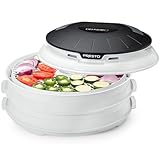SHTFDad may collect a share of sales or other compensation from the links on this page.
When most people think of long-term food storage, pantries filled with canned goods are what often come to mind.
However, we have to be very careful with what we store and buy.
Things are not always what they seem. Companies often make the claim that their products have the famed “25-year shelf life”.
Start to read the label and you will find ingredients that will not last more than 2-3 years. This article will teach you what food storage lies, myths, and tips to look for.
What Should You Know About Long-Term Food Storage?
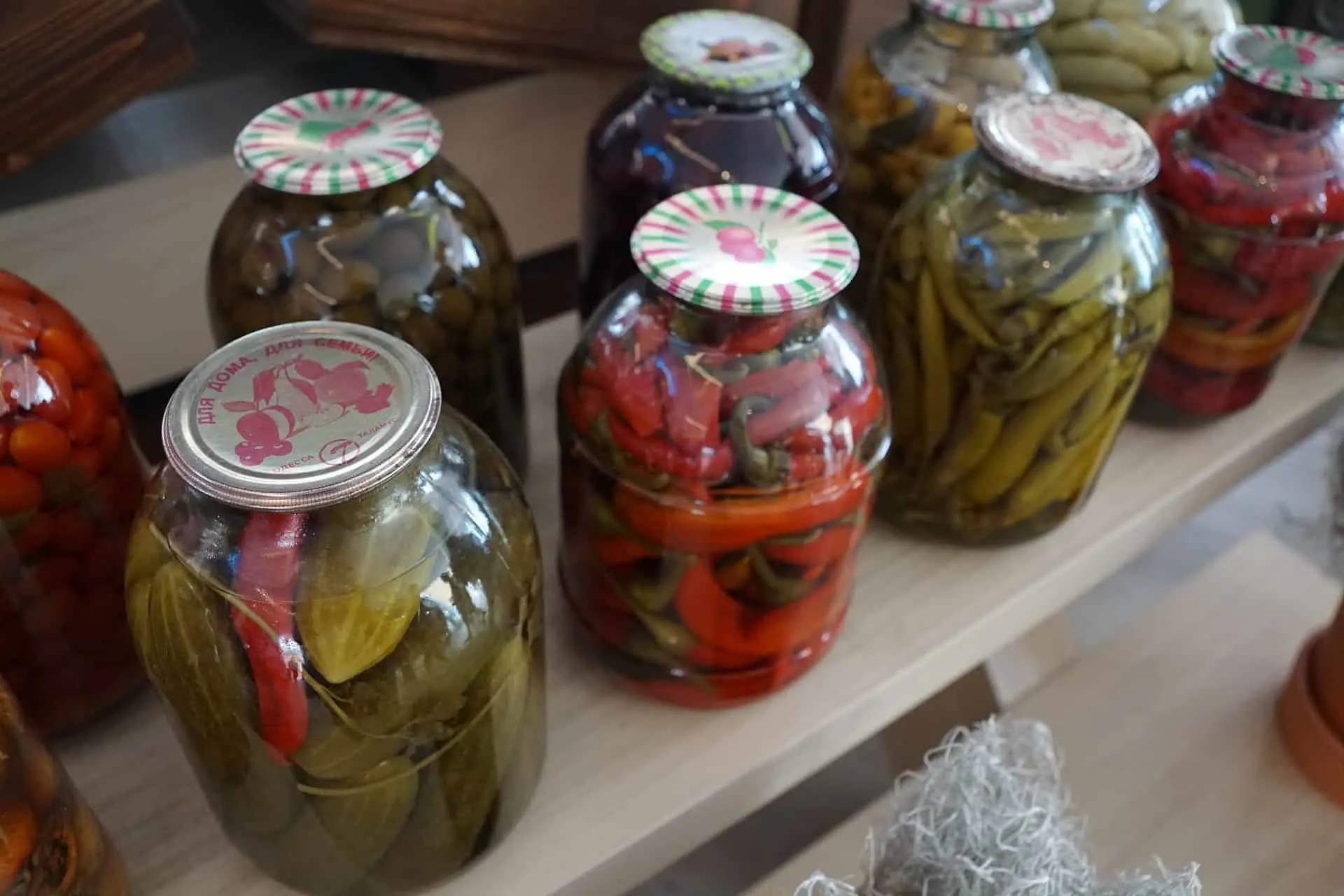
When looking at long-term storage, you must first look at the ingredients. Can you pronounce every ingredient?
Do you see words like hydrogenated, hydrolyzed, or Monosodium Glutamate (MSG)?
These words, along with many others indicate artificial flavorings, colorings, and preservatives that can be very harmful to your body. Not to mention unstable.
1. Read the label
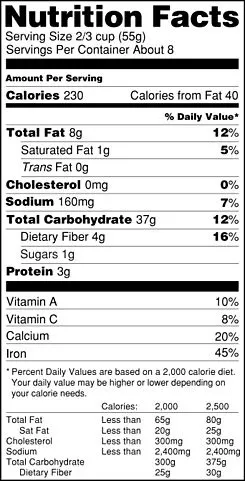
If you have bought food, grab it, and let’s look at the label. If you see things like cake flour it only has a shelf life of 8 months to a year.
Keep looking. Do you see soybean oil, canola oil, hydrogenated oils, or hydrolyzed syrup? Companies are selling these products as 25-year long term food storage. However, they only have a shelf life of a year or two, at best!
Don’t forget to look for things like whole eggs or dairy as well. These ingredients simply can not last as long as these food storage companies claim and you need to be aware.
To be shelf-stable, there also has to be a minimum water content in the food. The FDA suggests that dehydrated food, using any form of dehydration, must have a water content of less than 7%.
- Great for homemade jerky and dehydrating...
- This particular model is 06300-05.
- Top-mounted fan and heating element provide...
Cost is typically the roadblock that most companies run up against when following this mandate. Making sure the food actually gets under 7% of water content requires extra time, effort, and power. Many companies take advantage of the shortcuts that this path creates.
Taking these shortcuts requires using added preservatives. By putting in the hydrogenated oils, food storage manufacturers can extend the shelf life of lower quality oils such as vegetable, soy, and safflower oils.
These oils have a natural shelf life of 18 months under preferable conditions. When chemicals and artificial preservatives are introduced, they can store for several years. Often they have been altered to an unhealthy form to accomplish this.
2. Do your homework
When purchasing your food, make sure you do your homework and read the label. It may literally save your life.
Finding a manufacturer that believes in using natural, shelf-stable ingredients means that they don’t have to use artificial chemicals to preserve their food long term. The food is just as flavorful, healthy, and nutritious as when it was originally sourced.
When you are looking for good ingredients, look for real food products that have been freeze-dried and prepared to last. For example, things like tomato or onion powder, chopped or grated vegetables.
Look for whole foods like whole beans. Products that contain these types of ingredients will be sure to provide you the nutrition your body will need when you need it.
3. Is Your Food Well Protected?
- Paskett, Angela (Author)
- English (Publication Language)
- 208 Pages - 05/07/2014 (Publication Date) - Krause...
This isn’t always the easiest thing to see because many products now come in large white 5-gallon buckets. While the buckets look good they are not what actually is protecting the food from the elements.
When you open up the bucket you will notice that the food is individually packaged in plastic or Mylar bags. This is crucial to long-term food storage because if your packaging fails your food will spoil long before its shelf date.
A few things I like to look for is the quality of the bag itself. Is it flimsy and folds easily? That’s a bad sign.
Look for solid, quality bags at least 5.4 mm thick so it will stand the test of time. Resalable bags are your best option. You can one use a little at a time and still seal off your food.
4. Eliminating oxygen
The next thing to look for when it comes to packaging is how the provider is eliminating oxygen from the food. This will again provide the product a long shelf life as well as keep it fresh.
If the company only provides one oxygen absorption pack in its product, that’s really not enough to keep the food fresh. Look for a producer that fully nitrogen flushes its food to eliminate all oxygen in each bag.
Getting your food storage needs met doesn’t have to be difficult. Don’t make the mistake of buying from the first food storage company you see and getting food that won’t be edible in an emergency.
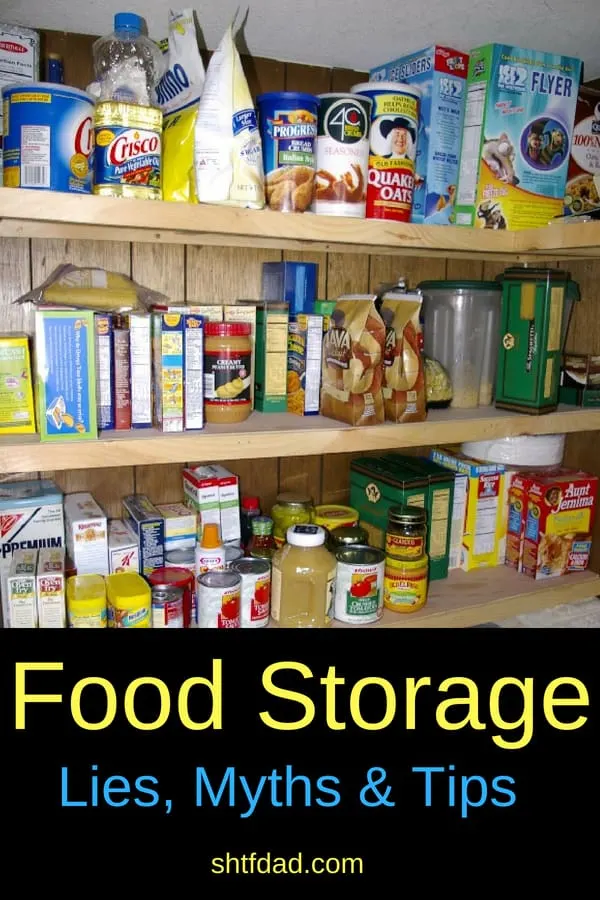
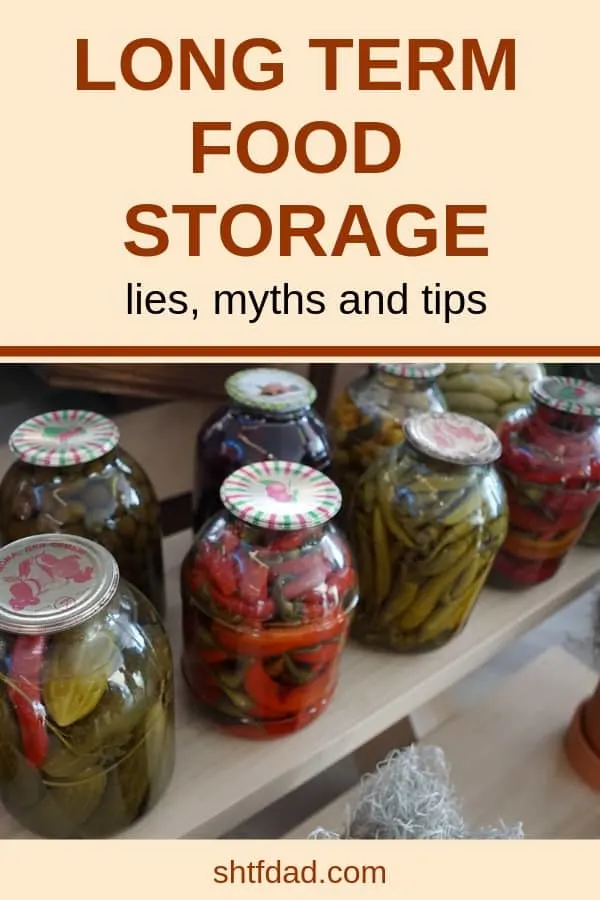
Resources:

